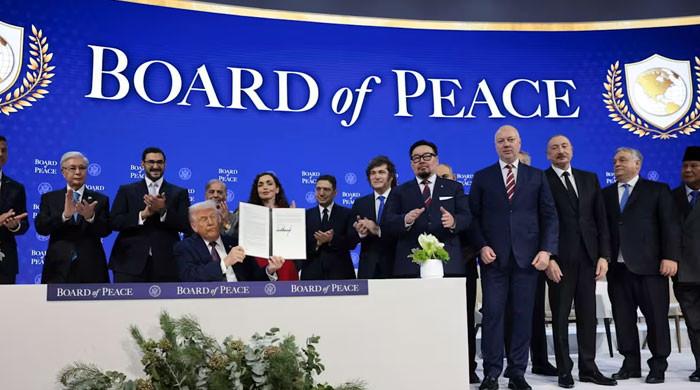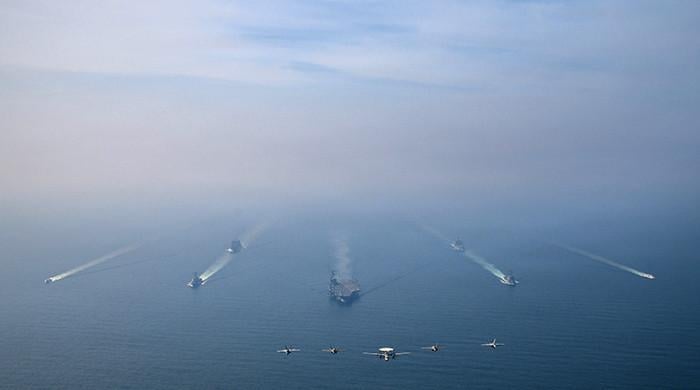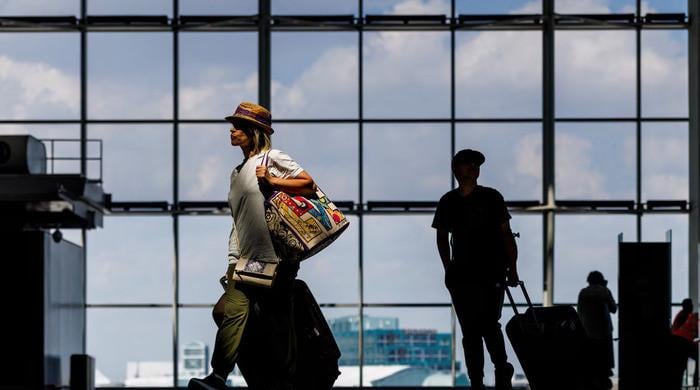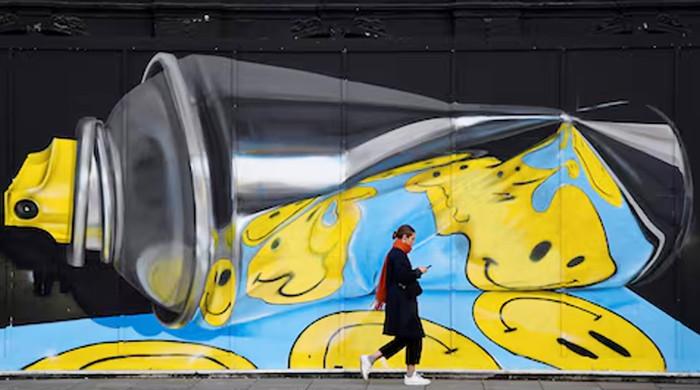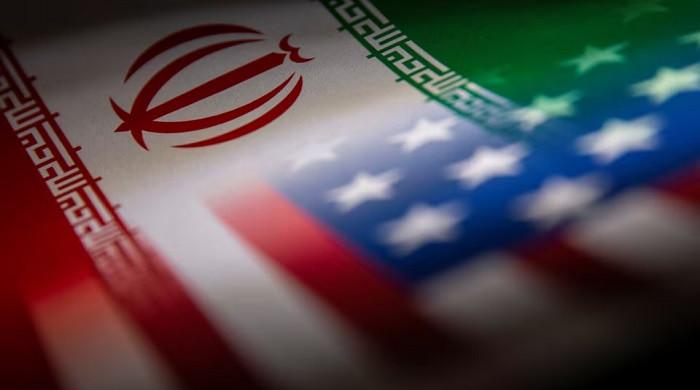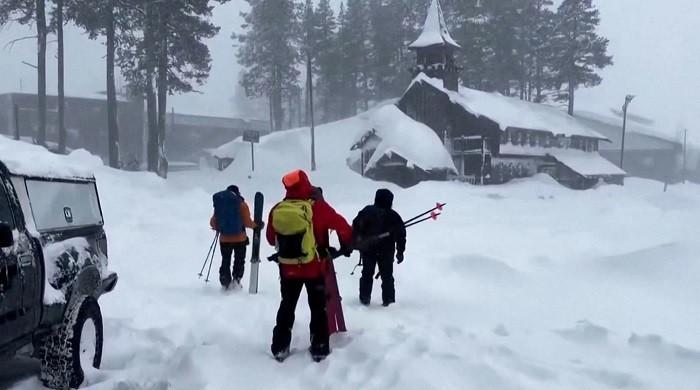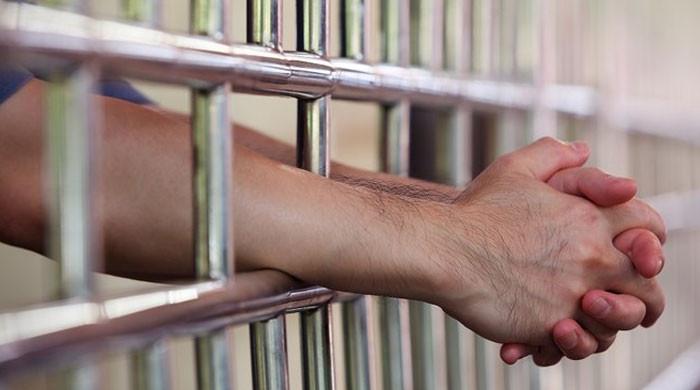Groundwater carries radiation risk for North Korean cities near nuke test sites
N Korea secretly conducted six nuclear weapons tests at Punggye-ri site in North Hamgyong Province between 2006 till 2017
February 21, 2023
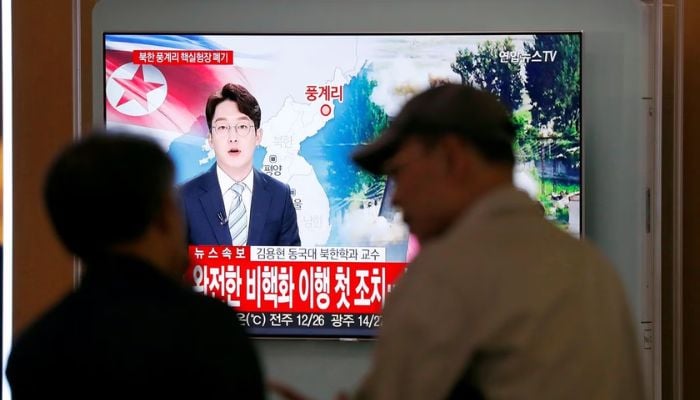
SEOUL: Tens of thousands of North Koreans and people in South Korea, Japan and China could be exposed to radioactive materials spread through groundwater from an underground nuclear test site, a Seoul-based human rights group said in a report on Tuesday.
North Korea secretly conducted six tests of nuclear weapons at the Punggye-ri site in the mountainous North Hamgyong Province between 2006 and 2017, according to the US and South Korean governments.
The study by the Transitional Justice Working Group said radioactive materials could have spread across eight cities and counties near the site, where more than 1 million North Koreans live, and where groundwater is used in everyday lives including drinking.
It also said that neighbouring South Korea, China and Japan might be at risk due partly to agricultural and fisheries products smuggled from the North.
The group, formed in 2014, worked with nuclear and medical experts and defectors and used open-source intelligence and publicly available government and UN reports for the study, which was backed by the National Endowment for Democracy, a non-profit corporation funded by the US Congress.
"This report is significant in showing that North Korea's nuclear tests could threaten the right to life and health of not only the North Korean people, but also of those in South Korea and other neighbouring countries," said Hubert Young-hwan Lee, the group's chief and a co-author.
Telephone calls by Reuters to North Korea's diplomatic mission to the United Nations in New York went unanswered.
In 2015, South Korea's food safety agency detected nine times the standard level of radioactive caesium isotopes in imported hedgehog mushrooms that had been sold as Chinese produce though their actual origin was North Korea.
China and Japan have ramped up radiation monitoring and expressed concerns over potential exposure following the North's previous nuclear tests but did not openly provide information on contaminated food.
Many outside experts have raised concerns over potential health risks from contaminated water, but North Korea rejected such concerns, saying there were no leaks of harmful materials following past nuclear tests, without providing evidence.
When North Korea invited foreign journalists to witness the destruction of some tunnels at the nuclear test site in 2018, it confiscated their radiation detectors.
Seoul's Unification Ministry, which handles inter-Korean affairs, stopped testing defectors for radiation exposure since 2018 amid a thaw in cross-border ties.
But, out of 40 defectors from the regions near Punggye-ri who were tested for radiation in 2017 and 2018, at least nine showed abnormalities. The ministry said, however, that it could not establish a direct link with the nuclear site.
More than 880 North Koreans have escaped from those regions since 2006, the report said.
The rights group urged a resumption of testing and an international enquiry into the radiation risks for communities around Punggye-ri.
The Unification Ministry did not immediately respond to a request for comment.
Seoul and Washington have said Pyongyang could be preparing for a seventh nuclear test.




